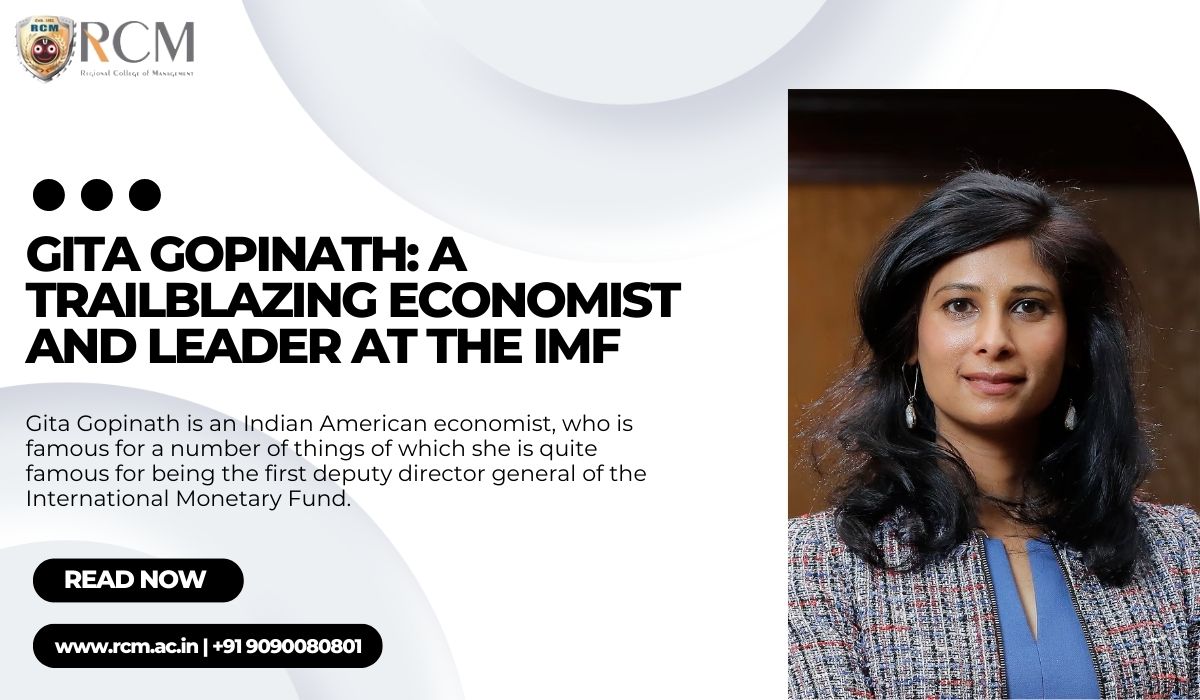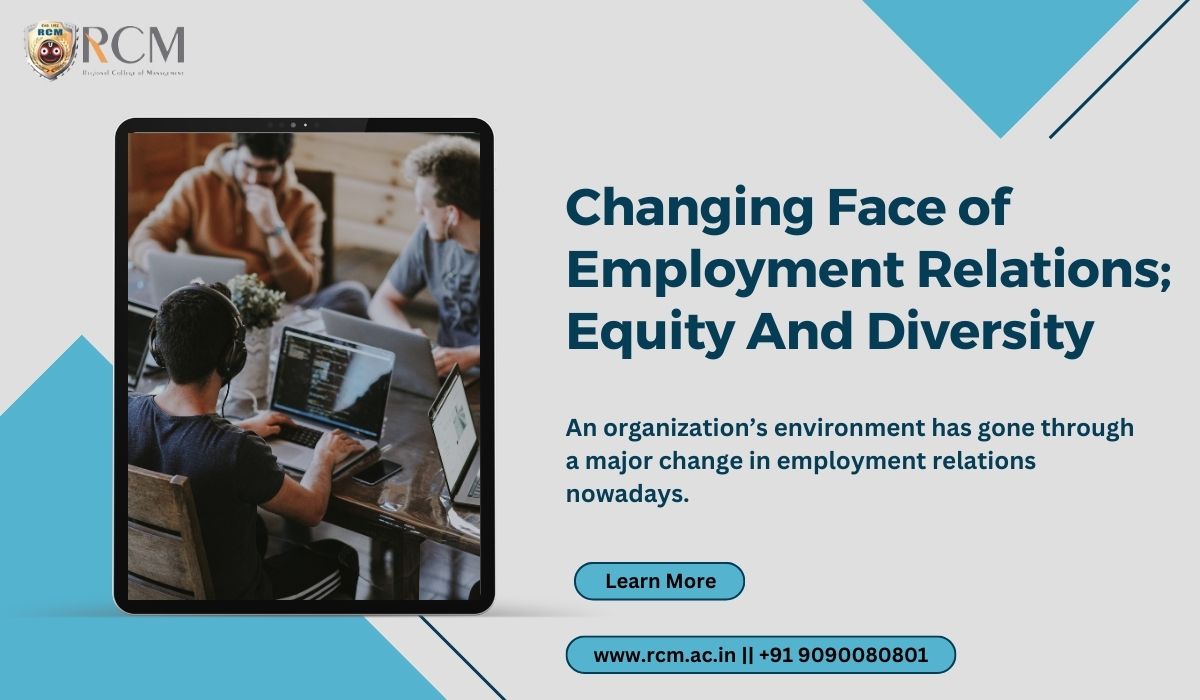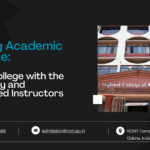Blockchain and virtual currencies like Bitcoin have a long history together. It is basically intended for the entered data to be saved in blocks that are then linked together in an order, making it fairly easy to trace the information’s origins and confirm its accuracy.
As a result, a number of industries have already adopted and utilised blockchain. Education is one sector where blockchain is only now starting to gain traction.
In this blog, we will focus on the application of blockchain technology in the education sector and its advantages for students, educational institutions, and the workers or employees of the field.
The Use Of The Blockchain In Education:
The application of blockchain in education is still in its early stages, with only a few institutions embracing the technology. Institutions currently use blockchain primarily to store and transmit student records and credentials.
However, researchers suggest that technology has the potential to transform education in a variety of ways, including increasing opportunities for quality education, increasing efficiencies for educators through smart contracts, and providing students with ownership of their academic records, among other perks. While the implications are great, challenges such as data security, durability, and cost all pose barriers to traditional blockchain use in the education industry. As technology is evolving, Blockchain is all set to play a larger role in the field of education.

Storing Student Records Using This Technology:
Record keeping is a common application of blockchain in education. There are literally unlimited student records, and identifying academic credentials can be time-consuming. It requires considerable paper documentation and case-by-case checking. Blockchain technology can minimise much of the expense associated with this process.
It can streamline verification procedures, reducing students’ and management time when sending individuals across institutions or states. With a few simple clicks, an institution enrolling a transfer student might verify their record and the courses they took. The same idea applies to sharing records with an employer.
Lifelong learners would benefit greatly from blockchain, particularly the concept of a permanent digital transcript. Education is a lifelong learning of new skills and sharpening old ones, through a degree, a certificate, or a digital label. Lifelong learning is anticipated to become more important in a society that is characterised by technological dynamism, which could increase demand for blockchain-based credentials.
When information is added to the blockchain, it is systematically maintained, recorded, and timestamped. The only way to update previously entered data on the chain is by adding a new block. This makes it difficult to tamper with a transcript or fake an academic record. However, the immutability of blockchain can be a double-edged sword, as it removes the possibility of officially changing a student’s record.
Using Blockchain In Academic Programmes:
Blockchain’s significance in education goes beyond keeping records. Technology has the ability to revolutionise academic programme planning as well. For example, blockchain provides secure storage for digital syllabi and assignments. Institutions use hard drives for this, but there is a possibility that the drives may be compromised or damaged. Cloud storage is another alternative, although it may be too expensive for some organizations.
Teachers may utilise the same blockchain-based technology to help with grading as well. Educators might encode full tests into a blockchain, including questions, answers, and scoring settings, and then have students take the exams using PCs or tablets.
Then the technology takes care of grading, providing professors more time for other academic efforts, and the student’s score becomes a part of their permanent academic record, maintained safely on the blockchain.

By improving the accreditation process, blockchain can also increase the quality of online education. Because of the ease of online education, unaccredited or uncertified colleges may occasionally operate on a seemingly level playing field with reputable universities, posing a risk to online learners. The use of this technology to record accreditations gives transparency and security.
Blockchain is a decentralised network, used by organisations to share details about online courses and programmes. Students can also rate online offers on Blockchain, which will help other students find accredited programmes to further their education.
Analyzing Blockchain’s Role In Education:
Through cryptocurrencies, blockchain is already transforming the banking industry. This technology has the potential to revolutionize education by accelerating record keeping and sharing, strengthening security and trust, simplifying the hiring process, and giving students lifetime ownership of their academic records.
Individuals interested in pursuing the future of blockchain in education can pursue a degree and learn more about the program’s blockchain specialization with specialised courses focused on practical applications of blockchain technology, cryptocurrencies, and the ethical and legal elements of using it and how the programme can provide students with the foundation of knowledge they need to succeed in this profession.
